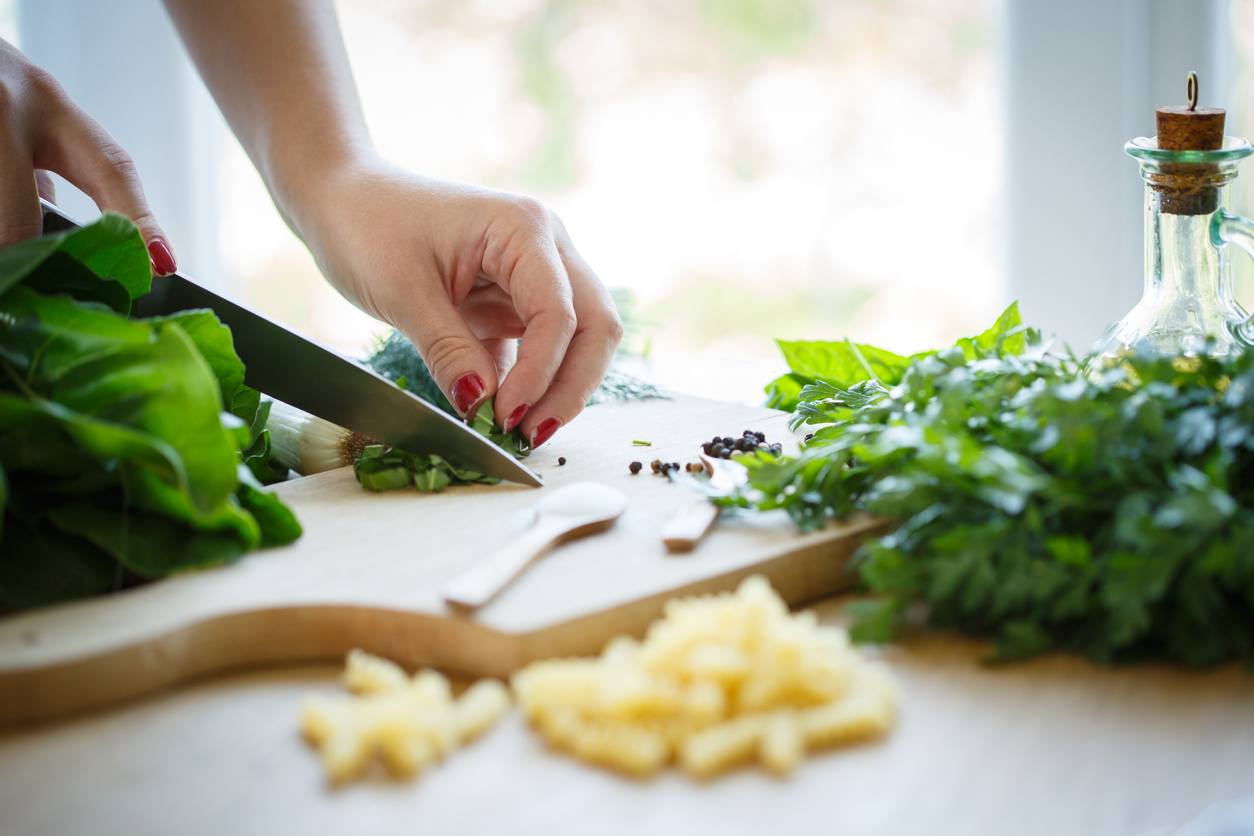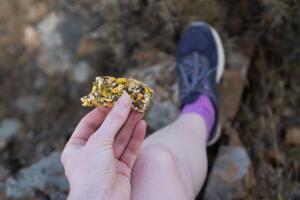There are over 100 types of autoimmune disorders that cause disabling pain and discomfort to millions of people worldwide. Autoimmune disorders can cause an array of distressing symptoms which may seem unconnected. It can take years to get a diagnosis and there is no cure. There are many theories about what triggers certain people to develop autoimmune disorders and how best to treat them. Herbs and other foods often have a profound effect on our immune system and can either help or hinder its function. Plants that excite the immune system may create a problem for people with autoimmune disorders.
This list will introduce you to six normally helpful herbs that can be harmful to people with autoimmune disorders, along with some herbs you may want to try.
Herbs That Aggravate Autoimmune Disorders
Echinacea (Echinacea purpurea)
This pretty purple flower is a powerhouse when it comes to revving up the immune system. While it is a popular herb during the flu and cold season, it may lead to a flare-up for those with autoimmune disorders.
Elderflower and Elderberry (Sambucus)
The flowers and berries of the Sambucus plant are praised for their ability to kill bacteria and viruses. Unfortunately, they do this by stimulating the immune system — making Sambucus a poor choice for autoimmune patients. Elderberries have a pleasant flavor and distinct color and are often used to add flavor or color to foods and beverages. Eating or drinking these products may trigger symptoms as well.
Cat’s Claw (Uncaria tomentosa)
Cat’s Claw is a woody vine from the Amazon. Like Echinacea and Elderflower, it stimulates the immune system but that is not its main use. Cat’s Claw also dilates blood vessels, helps the body purge excess water, and relaxes muscles.
Garlic (Allium sativum)
Garlic is a staple in many kitchens. It makes a succulent addition to soups and sauces and a tasty treat when roasted or grilled. It also contains the chemicals allicin, ajoene, and thiosulfate, all of which stimulate the immune system. Avoid garlic as a supplement and use it sparingly if at all in cooking to avoid flareups.
Alfalfa (Medicago sativa)
Alfalfa sprouts are a popular addition to sandwiches and salads for their light and crunchy flavor. However, there is much more to alfalfa sprouts than you might guess. Alfalfa sprouts contain high amounts of vitamins C and K, as well as copper, folate, magnesium, and L-Canavanine. L-Canavanine is a powerful immunostimulant which may cause autoimmune symptoms to surface.
Ashwagandha (Withania somnifera)
Ashwagandha is an herb that has gotten a lot of attention lately. It is one of the most well known of the adaptogens, plant-based medicines that help the body adapt to and recover from stress. As popular as it is, it does have a few drawbacks. In many cases, this herb is too stimulating to the immune system for autoimmune sufferers and it can cause GI upset.
An Herb to Consider Carefully
Astragalus (Astragalus membranaceus)
While Astragalus has immune-stimulating properties like the other herbs cited here, studies also show that it may be helpful in reducing immune hypersensitivity. Some individuals may find relief by adding this herb into their diet, while it may incite flare-ups in others. Check with your herbalist or doctor to find out if this herb will be harmful or helpful for you.
Not all immune-supporting herbs are too stimulating for those with overactive immune systems. There are many herbs that help to support and balance the immune system without pushing it over the edge.
Helpful Herbs for Autoimmune Disorders
Sarsaparilla (Smilax ornata)
Sarsaparilla is often recommended for gout, arthritis, and skin disorders. In years past, it was even considered to be the gold standard of treatment for syphilis. The saponins in the plant are believed to purify the blood and reduce both joint and muscle inflammation.
Turmeric (Curcuma longa)
Turmeric is a flowering plant that is closely related to ginger. Like ginger, it is the root of the plant that is most prized for both cooking and healing. This dense, orange root offers a panacea of health benefits from hay fever relief to reduced cholesterol. The curcumin found in turmeric is especially beneficial for reducing inflammation, which eases the pain and discomfort of many types of autoimmune disorders.
Yarrow (Achillea millefolium)
Yarrow is a common flowering plant that is known by many colorful names such as nosebleed plant, devil’s nettle, and old man’s pepper. According to legend, Achilles carried this herb with him to battle to staunch wounds. It grows abundantly worldwide and has been used as a treatment for many ailments over the last few centuries. The flavonoids found in yarrow are being studied for their efficacy in treating disorders such as epilepsy, multiple sclerosis, and stroke, but more review is still required.
Herbal remedies are a wonderful and natural way to treat all sorts of health issues, but research is critical to avoid adding to your burden. Although many herbs are a safe addition or alternative to modern medication, this is not always the case. While this list is a good starting point, you should always check with a medical expert before making any major changes to your diet or medications.
If you have autoimmune disorders, you should absolutely check with your physician before introducing or cutting any herbs from your diet.
Shopping for supplements? These are the best ones you can take to beat inflammation!
Learn more about herbs:
10 Magical Herbs to Soothe Stress and Anxiety
Energy-Boosting Adaptogenic Herbs That *May* Replace Your Coffee







